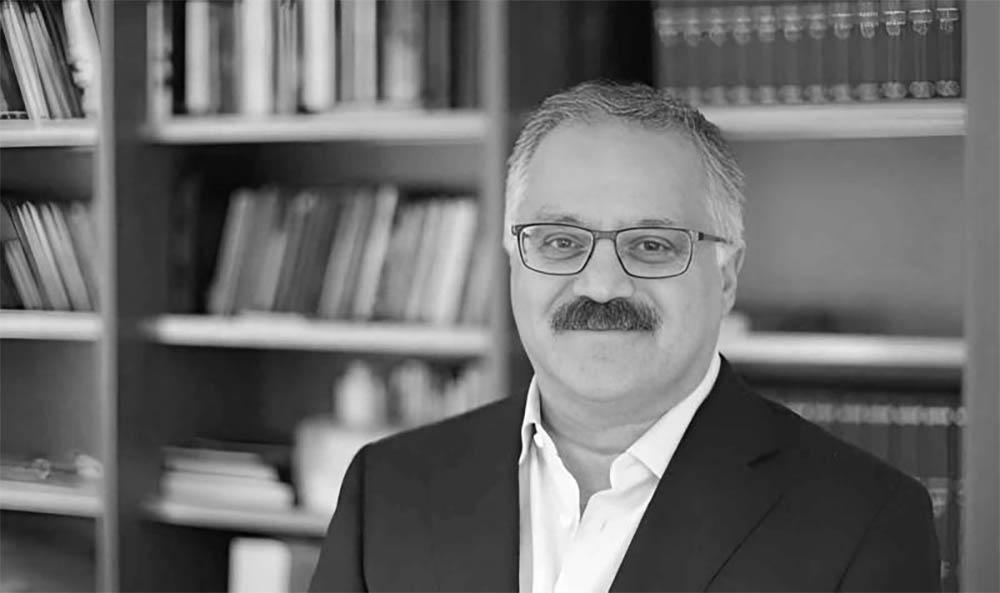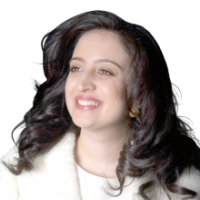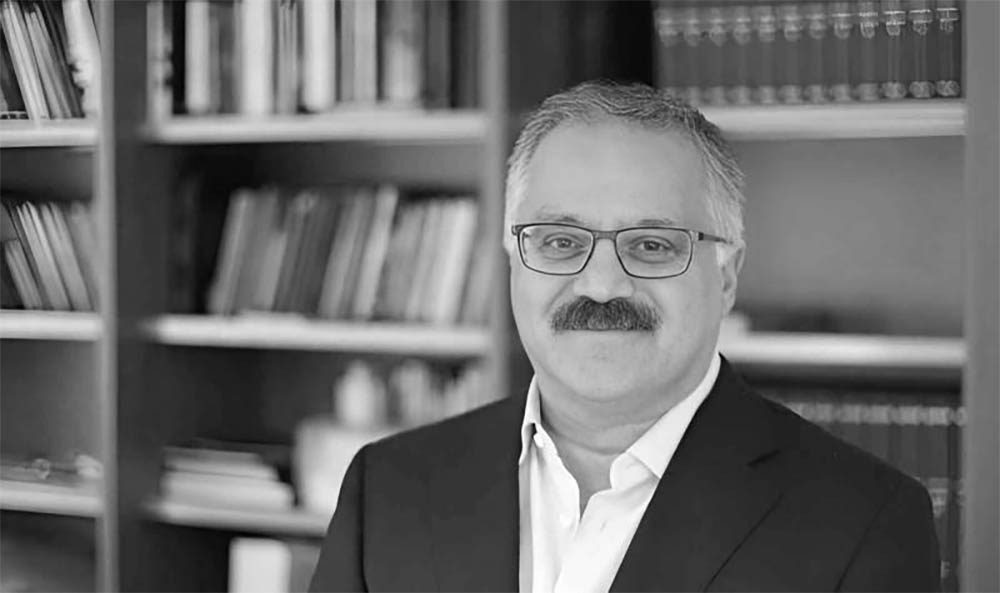My father, the voice of our people
My father, Dr Haitham El-Zobaidi, was not just a man of letters. He was the voice of our people. Through the pages of Al Arab and beyond, he chronicled the hopes, struggles and complexities of a region often misunderstood, always resilient. In London, he built a platform for Arab voices in the West; in every column he penned, he extended a bridge between worlds. As his child, I saw not only the public intellectual but the steadfast father, measured, principled and deeply committed to truth. This tribute is not only about what he built for others, but what he left in me.
From an early age, I understood that my father’s world extended far beyond our home. He carried with him the weight of a heritage, the pride of a language and the responsibility of representation. Long nights were spent over editorials, quiet pauses filled with the clicking of a keyboard and the shuffle of printed drafts. He approached journalism not as a profession but as a moral imperative, one rooted in integrity, scholarship and a profound sense of duty to his readers.
As CEO of Al Arab Publishing House, he was both architect and steward. He envisioned not only a news organisation but a cultural institution, one that gave a dignified, intellectual voice to Arab communities living across continents. Under his leadership, The Arab Weekly, Al Arab, and affiliated platforms became essential reading for those seeking to understand the pulse of the MENA region, not through sensationalism, but through context, clarity and compassion.
What always struck me was how others spoke of him, with reverence, yes, but also with warmth. Colleagues admired his intellect, his ability to navigate both the newsroom and the diplomatic salon with equal poise. Writers, academics and statesmen alike sought his counsel. He had that rare gift of listening deeply before speaking deliberately, and when he spoke, it was with precision and perspective shaped by both scholarship and lived experience.
But even as his influence expanded, he remained grounded. He believed the role of a media leader was not to dominate a conversation, but to elevate it. Whether writing about regional geopolitics or the political currents of Washington, he offered readers more than opinion. He offered insight, framed in history, sharpened by principle.
At home, his curiosity was boundless. There was not a topic under the sun, history, science, art or geopolitics, that he could not engage with. Conversations with him were never shallow; they were journeys, layered with context and clarity. He read constantly, with the same dedication he gave to writing. To sit across from him was to be reminded that the pursuit of knowledge was a lifelong commitment, and he lived it with grace.
He had a fondness for owls, creatures of the night, silent watchers of the world, symbols of wisdom. It felt fitting. He shared their quiet strength, their thoughtful presence, their ability to see clearly when others could not. What he did not share with them, however, was a love for garlic. In fact, garlic was his sworn enemy. He claimed it offended every one of the senses, and that even its shadow could ruin a dish. We used to joke that if there were ever a vampire among us, it would be him, well-read, nocturnal, and entirely garlic free.
As I write this, I am struck by how impossible it is to contain his spirit in words. My father was not only the voice of our people. He was our anchor, our conscience, our compass. He believed that media could inform, yes, but also inspire, empower and protect. He built platforms not just for stories, but for futures, for ideas that would outlive him, for truths that could not be ignored.
His passing has left a silence I still do not know how to fill. But in that silence, I hear echoes: of his late-night typing, his laughter at a clever turn of phrase, his quiet insistence that we always do better, think deeper and stay true. I carry those echoes with me now, not as a burden, but as a blessing.
Dr. Haitham El-Zobaidi was my father. He was also a mentor, a visionary, a steward of language and legacy. And though he is no longer seated at his desk, his voice endures, in every headline, in every idea, in every one of us who believes that words still matter.







